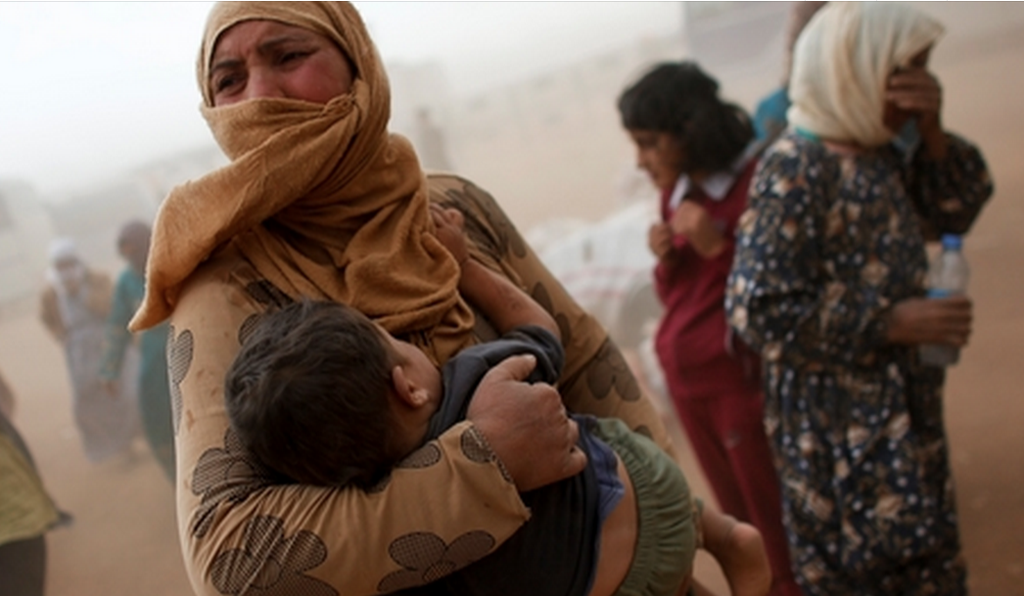The following information is based on the Amnesty International Report 2021/22. This report documented the human rights situation in 149 countries in 2021, as well as providing global and regional analysis. It presents Amnesty International’s concerns and calls for action to governments and others.
PORTUGAL 2021
A decade-old procedure that infringed the rights of protesters in Lisbon was exposed. Migrant agricultural workers continued to live in overcrowded and substandard conditions, leaving them vulnerable to Covid-19. Racism within the police remained a concern. High levels of violence against women persisted.
Freedom of expression and assembly
In June, it emerged that since 2011 Lisbon’s municipal authorities had been passing personal information to foreign embassy officials about protesters who demonstrated in front of their embassies. The authorities agreed to conduct risk assessments to ensure the rights to privacy and peaceful assembly.
Refugees’ and migrants’ rights
The government took measures to facilitate access to Covid-19 vaccination for people with irregular immigration status.
In May, a Covid-19 outbreak among 13,000 migrant agricultural workers in Odemira exposed their poor living conditions in substandard, overcrowded houses or container dwellings. The workers, mostly from south and south-east Asia, were temporarily rehoused to prevent further infections.
Following the Taliban seizure of power in Afghanistan, Portugal resettled 764 Afghan nationals seeking safety.
In May, three officials of the Foreigners and Borders Service (SEF) were sentenced to between seven and nine years’ imprisonment for the assault, aggravated by unintentionally causing his death, of a Ukrainian national who had died in SEF custody in March 2020. In December, on appeal, the sentence was increased to nine years’ imprisonment for all.
Discrimination
In March, the Council of Europe (COE) Commissioner for Human Rights expressed concern about racism in the police. She recommended recruitment procedures promoting access for people from minority groups and the establishment of a fully independent police complaints mechanism. She also noted the rise of racially motivated hate crimes and hate speech, especially targeting Roma and people of African descent.
In March, the Ministry of Home Affairs introduced a Plan for the Prevention of Manifestations of Discrimination in the Security Forces.
Violence against women and girls
In March, the COE Commissioner for Human Rights expressed concern at the persistence of high levels of violence against women. She called for domestic violence to be more effectively prosecuted and punished and for further amendments to the definition of rape in the Criminal Code so that it is entirely based on the absence of free consent of the victim.
In August, a new law entered into force to strengthen protection for children who witness or are exposed to domestic violence.
Right to housing
In March, the European Commission Against Racism and Intolerance (ECRI) welcomed the adoption, in 2019, of the Basic Housing Law, in which the right to adequate housing was recognized and safeguards against evictions were strengthened. However, ECRI noted that it had not received sufficient information to assess the implementation or impact of the law on people at risk of forced eviction.
Detainees’ rights
Substandard conditions persisted in several prisons, aggravated by the pandemic. In May, the Ombudsperson criticized a plan for the social reintegration of inmates released during the pandemic to avoid overcrowding because it failed to prevent homelessness for those with no family or other support network.



